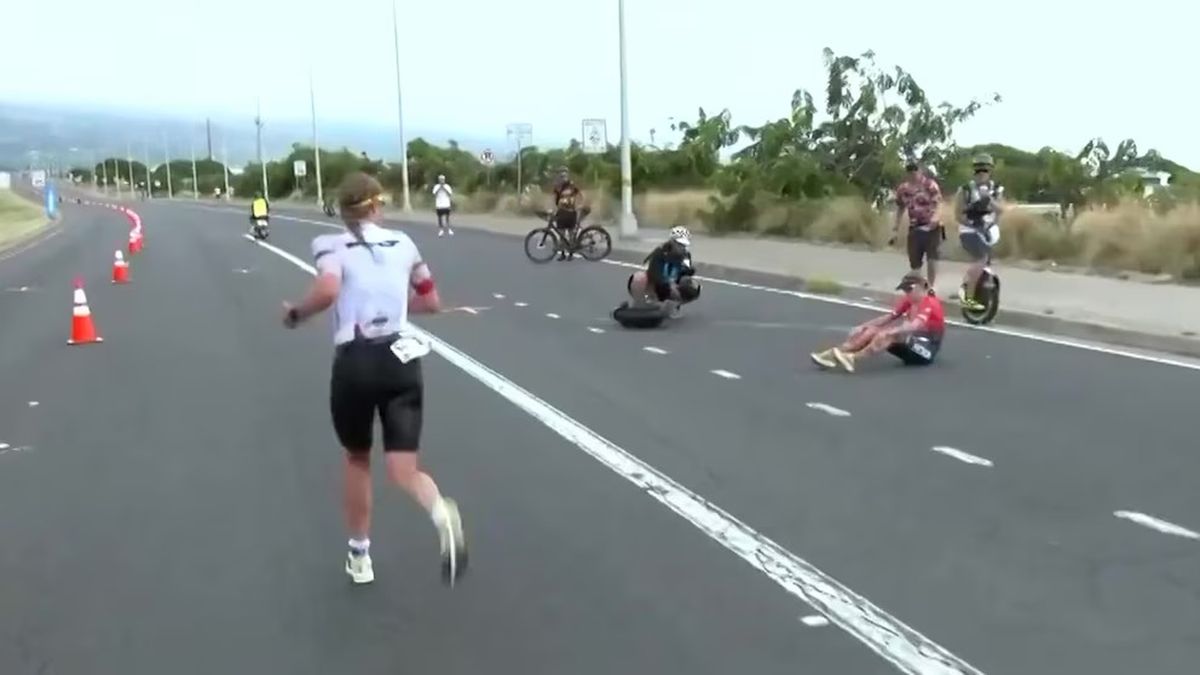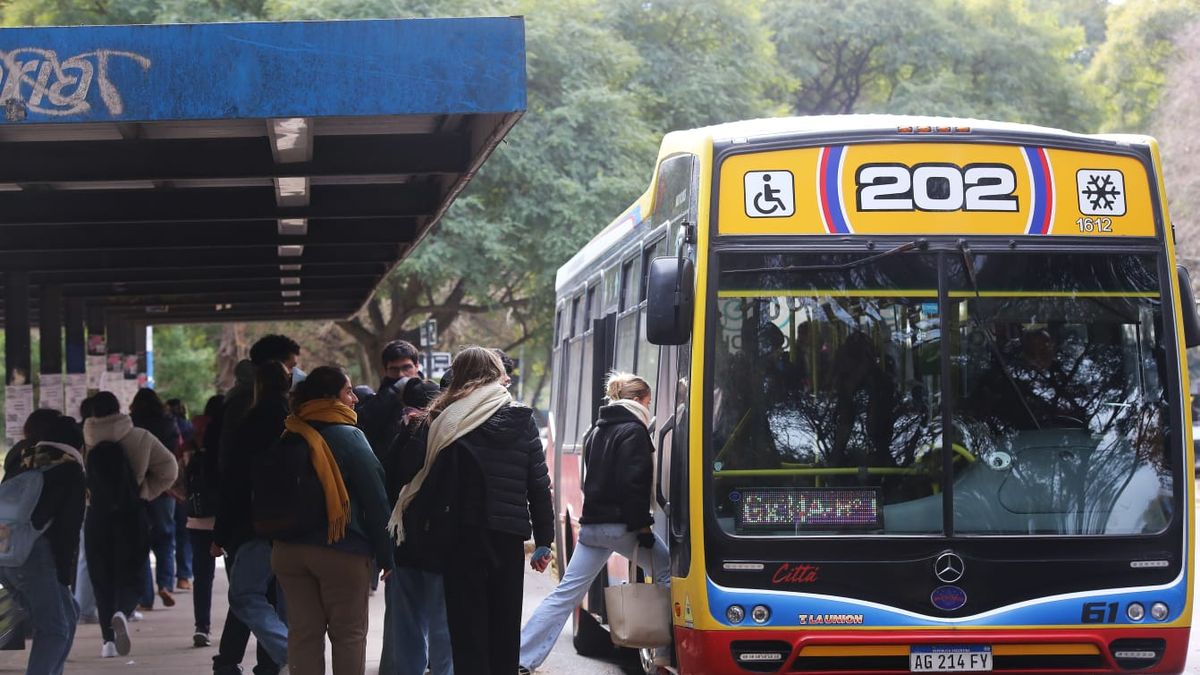In a society where many educational institutions claim to be “inclusive”on repeated occasions they do not have the necessary tools for a Person with Disability or even worse, they exclude it with some type of excuse, leaving the student’s parents and family adrift.
Unfortunately, inclusion in school is, even today, a pending issue. The results of the rehabilitative medical model established and the few advances that have been made linked to the social model reveal shortcomings in the perspective from which students who have some type of disability are perceived.
The truth is that there is a view that focuses on the student’s inability and failure instead of generating the necessary support for their inclusion on equal terms. This conception invites the person to adapt and does not focus on diversity. On the contrary, it builds barriers, labels, stigmatization and exclusion.
In this sense, there are many cases of violence and bullying derived, mainly, from the insistence on focusing on the “disability” that arises from a diagnosis.
On repeated occasions, it is said or made to feel that people with disabilities do not contribute to school. However, the inclusive school is a learning model for everyone. Boys and girls with disabilities during their school years achieve autonomy, independence and socialize with others, those without disabilities learn to help others, empathize and respect. And finally, the school learns that it is invited to question all its norms, forms and ways of acting to generate and build a society more respectful of diversity that will then set an example.
For this reason, it is vital to promote the training of educators, interdisciplinary work and research. But above all, leave the comfort zone and consider people with disabilities from a diversity perspective beyond their diagnoses and weaknesses.
It is essential, as a society, to move from inability to focusing on the abilities of the student who will require all the support but who, nevertheless, is there waiting for society to embrace them. In this sense, there is not only one way of teaching or educating, but there are as many as there are people.
We must not forget that inclusive education is a right but also a responsibility that we must all assume.
Disability Communicator and Influencer
Source: Ambito
David William is a talented author who has made a name for himself in the world of writing. He is a professional author who writes on a wide range of topics, from general interest to opinion news. David is currently working as a writer at 24 hours worlds where he brings his unique perspective and in-depth research to his articles, making them both informative and engaging.




